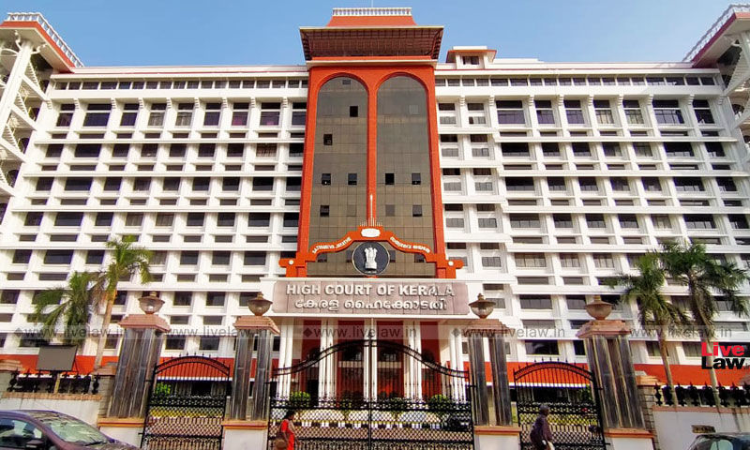Judiciary Has No Power Of The Purse Or Sword, Survives Only By Public Confidence : Kerala High Court
Hannah M Varghese
6 Nov 2021 11:30 AM IST

Next Story
6 Nov 2021 11:30 AM IST
While dismissing a couple of petitions alleging judicial misconduct, the Kerala High Court recently pondered over the significance of judicial independence in a democratic set-up. Justice P.B. Suresh Kumar was adjudicating upon pleas that sought directions to the Chief Justice of India and Chief Justice of Kerala High Court respectively to institute an In-House Committee to probe into...
